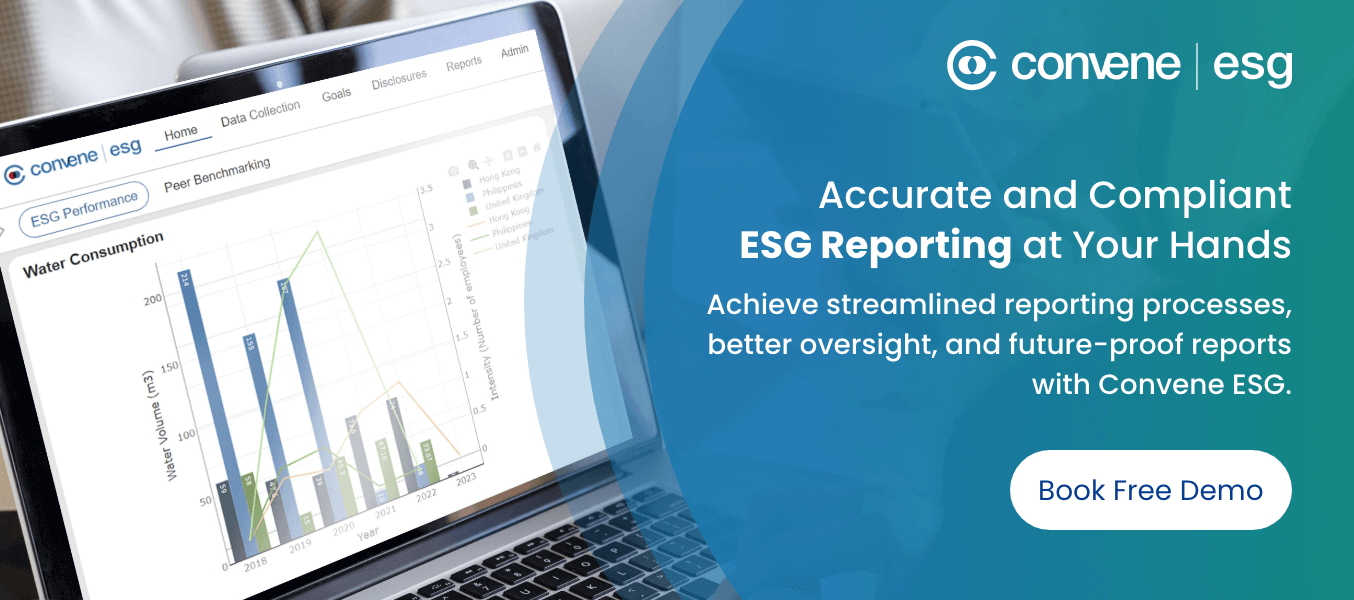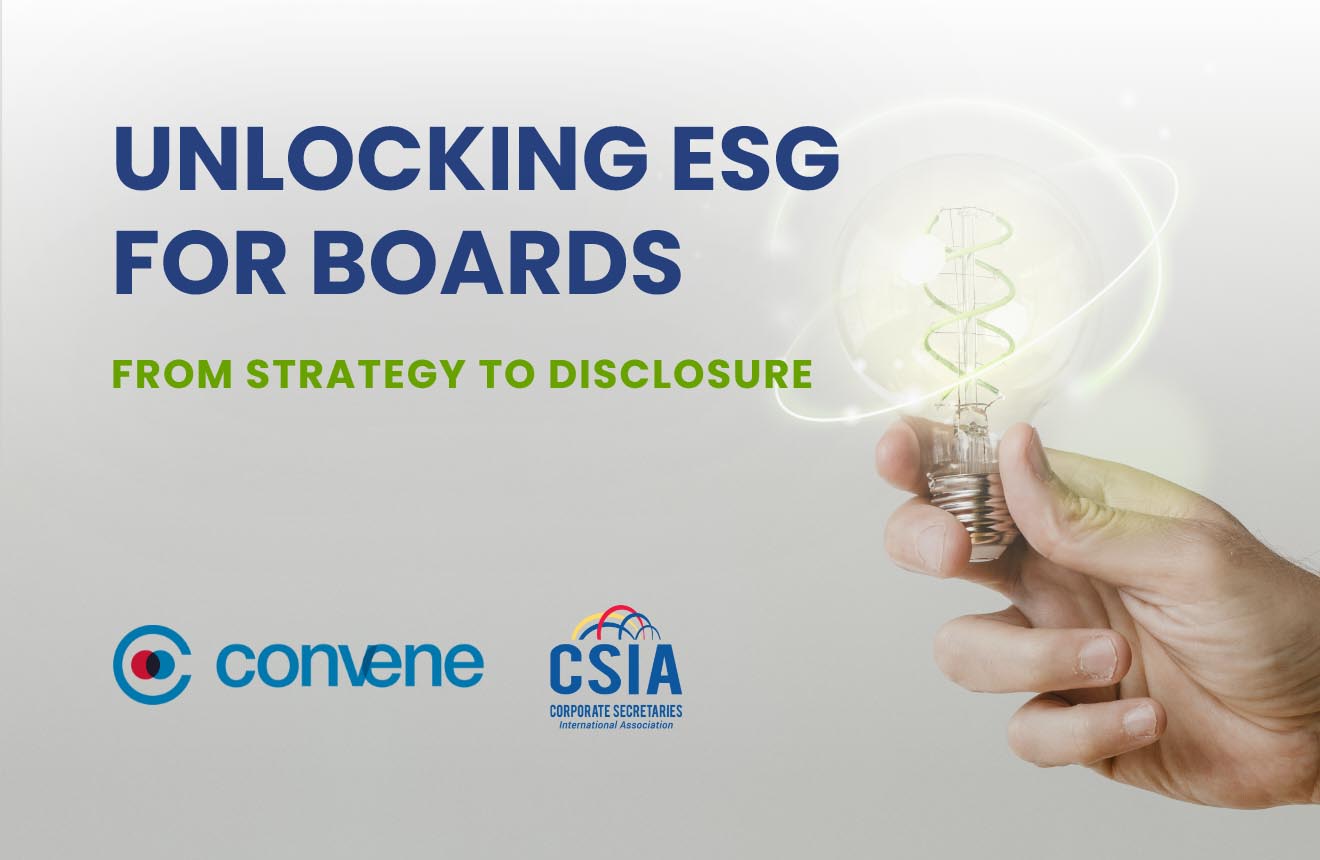The Principles for Responsible Investment (PRI) represents the United Nations’ commitment to ethical business practices. Since its launch, the PRI has incorporated a broad range of the latest scientific and financial data to help its users make informed, ethical, and sustainable investment decisions.
Take a closer look at everything you should know about the PRI reporting framework in the following guide.
What You Should Know About PRI Reporting
What is PRI?
In 2005, the UN invited nearly 100 investors and experts from a variety of fields to develop the Principles for Responsible Investment. Underlying the project was an understanding that ESG topics were becoming more impactful in the financial world. These included issues such as biodiversity, workplace ethics, and anti-corruption.
From 100 founding signatories at the time of its launch in April 2006, the PRI experienced exponential growth in the years following its debut, exceeding 1,000 in 2015 and numbering over 7,000 signatories in 135 countries as of 2023.

The Six Principles
The Six Principles which make up the PRI are compatible with the investment practices of large financial firms. Full adherence to the PRI involves compliance with the Principles and the accompanying ESG reporting framework and guidelines.
Signing up with PRI means that “where consistent with… fiduciary responsibilities” institutions agree to the following:
- They will incorporate ESG issues into investment analysis and decision-making processes.
- They will be active owners and incorporate ESG issues into their ownership policies and practices.
- They will seek appropriate disclosure on ESG issues by the entities in which they invest.
- They will promote acceptance and implementation of the Principles within the investment industry.
- They will work together to enhance their effectiveness in implementing the Principles.
- They will each report on their activities and progress toward implementing the Principles.
PRI Reporting and Assessment: An Overview
One of the most important pledges signatory agencies make when adopting the Six Principles is to submit an annual report on responsible investment activities. This ensures the PRI remains relevant, up-to-date, and accountable. It also guarantees transparency for reporting institutions and contributes to constructive feedback for signatories, thus helping to maintain a database of valuable information.
PRI Signatory Requirements
In order to encourage signatory accountability, in 2018 the PRI introduced a series of minimum requirements:
- Signatories must establish and adhere to a responsible investment policy covering at least half of all assets under management;
- Either external or internal staff members should be appointed to oversee the implementation of this policy;
- And signatories must maintain systems to ensure senior-level oversight of responsible investment policies and practices.
The Reporting Process
PRI signatories are required to submit their reports through the web-based PRI Reporting Tool. It’s typically open to reporting agencies for a three-month period lasting from May to August every year. Every January, the latest updates to the PRI reporting framework are published, giving companies several months in which to prepare their reports under the most recent standards.
From September to October, assessors process and prepare reports. In November and December, public and private Transparency Reports and Assessment Reports, available only to investors, are published or released to reporting entities.
PRI Assessment
The PRI’s assessment methodology revolves around several modules, with individual modules receiving separate scores. Only “core” or close-ended questions that signatories are required to respond to are assessed.
Each submitted response is graded on a scale of 0-100, with questions ranked according to their relative value.
After submission, assessors process the reports and grade them on a scale of one to five stars, with five being the highest rating. Elements of the final report are made public on the PRI’s website. Reporting entities also receive more detailed forms of their assessments for maintaining or improving future practices.
Recent Developments in the PRI Reporting Framework
Aside from the annual amendments made to the PRI reporting framework, the most notable recent change is the introduction of “core” and “plus” questions. These are intended to simplify and expedite the reporting process.
“Core” questions are considered mandatory, while answers to “plus” questions may be voluntarily disclosed. “Plus” questions are typically open-ended and offer signatories opportunities to elaborate on sustainable practices not otherwise covered in the PRI framework.
Other recent changes to the PRI’s scope include:
- A 50% reduction in indicators and sub-indicators, including indicators that were thought not to describe how signatories were carrying out their commitments.
- A points-based system to replace the five-star scale.
- A Senior Leadership Statement, describing a company’s philosophy and approach to responsible investing.
- The inclusion of an expanded version of key themes under the Investment and Stewardship Policy (ISP) module to reduce repetition.
- The inclusion of mandatory climate-change-related questions.
- The introduction of scored questions regarding processes undertaken to verify submitted responses.
- A new voluntary module regarding sustainability outcomes policies.
Convene ESG: Your Best Resource for PRI Reporting
Meet the challenge of becoming a signatory to the UN PRI reporting framework with Convene ESG. It’s a comprehensive ESG reporting software suite built around the most widely used ESG reporting standards. Convene ESG features a range of tools and resources to help reporting entities build concise, clear reports for the PRI and other frameworks.
Learn more about the multiple useful features of Convene ESG, such as dashboards for tracking and monitoring ESG performance and constantly updated report production to meet current PRI reporting requirements.















